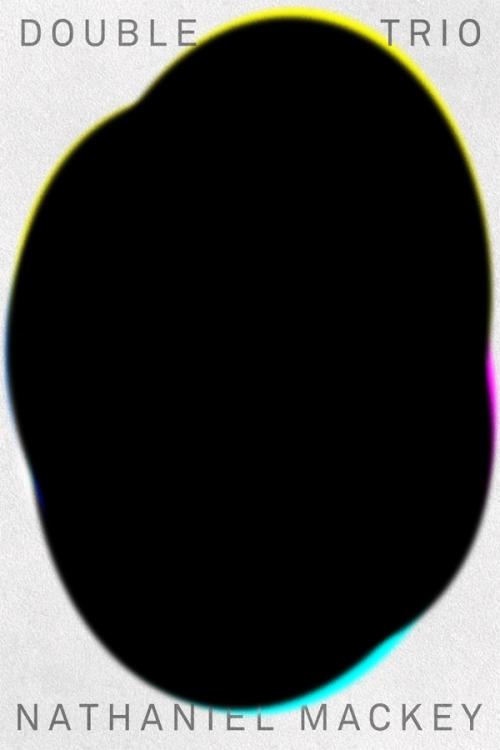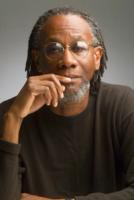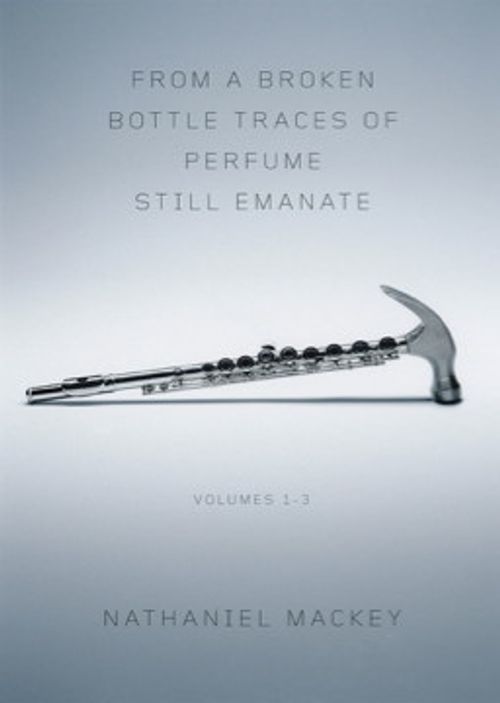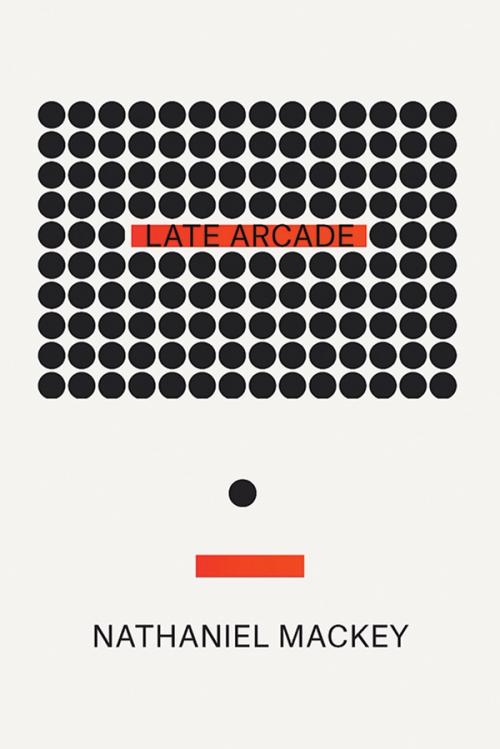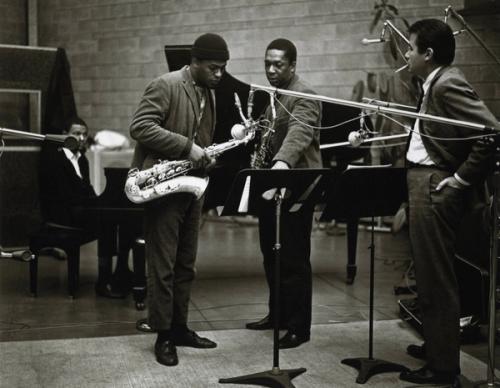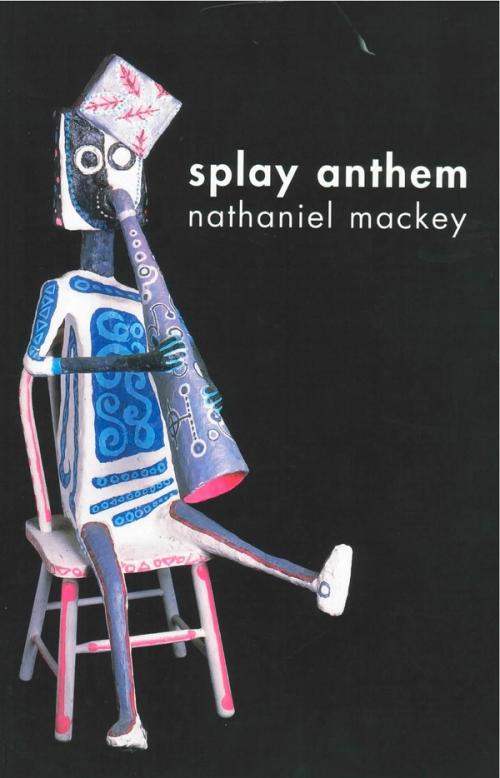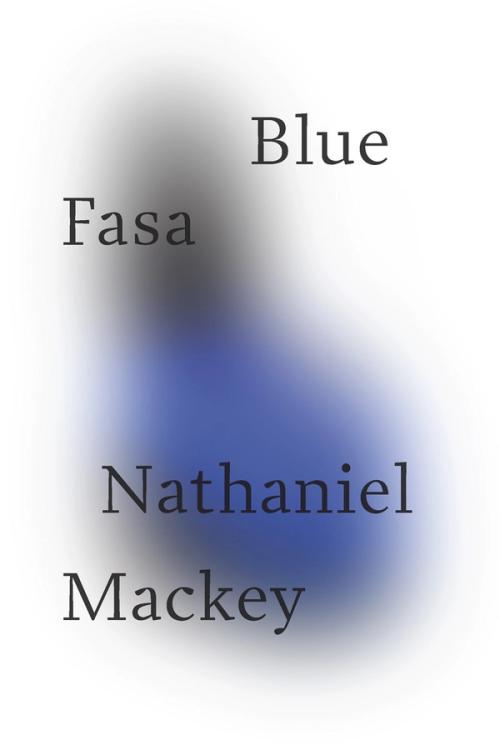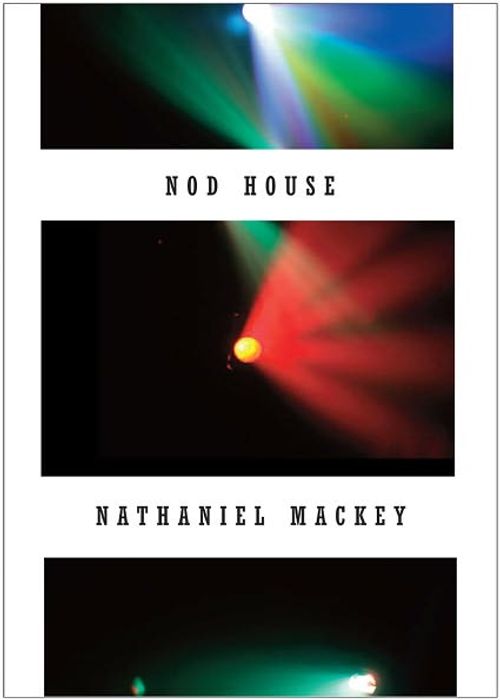Double Trio
Poetry by Nathaniel Mackey
For thirty-five years the poet Nathaniel Mackey has been writing a long poem of fugitive-making like no other: two elegiac, intertwined serial poems—“Song of the Andoumboulou” and “Mu”—that follow a mysterious, migrant “we” through the rhythms and currents of the world with lyrical virtuosity and impassioned expectancy. In a note to this astonishing box set of new work, Mackey writes:
“I turned sixty-five within a couple of months of beginning to write Double Trio and I was within a couple of months of turning seventy-one when I finished it.… It was a period of distress and precarity inside and outside both. During this time, a certain disposition or dispensation came upon me that I would characterize or sum up with the words all day music. It was a time in which I wanted never not to be thinking between poetry and music, poetry and the daily or the everyday, the everyday and the alter-everyday. Philosophically and technically, the work meant to be always pertaining to the relation of parts to one another and of parts to an evolving whole.”
Structured in part after the last three movements of John Coltrane’s Meditations—“Love,” “Consequence,” and “Serenity”—Double Trio stretches Mackey’s explorations and improvisations of free jazz into unprecedented poetic territory.
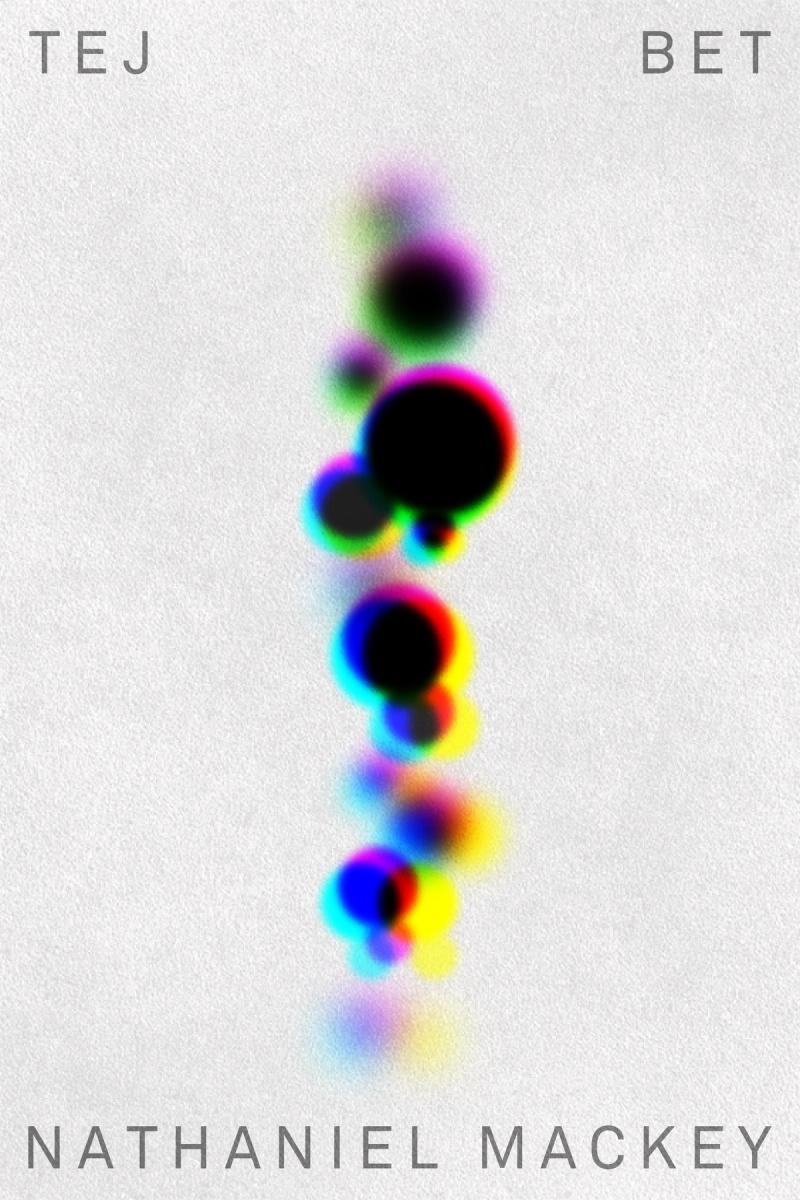
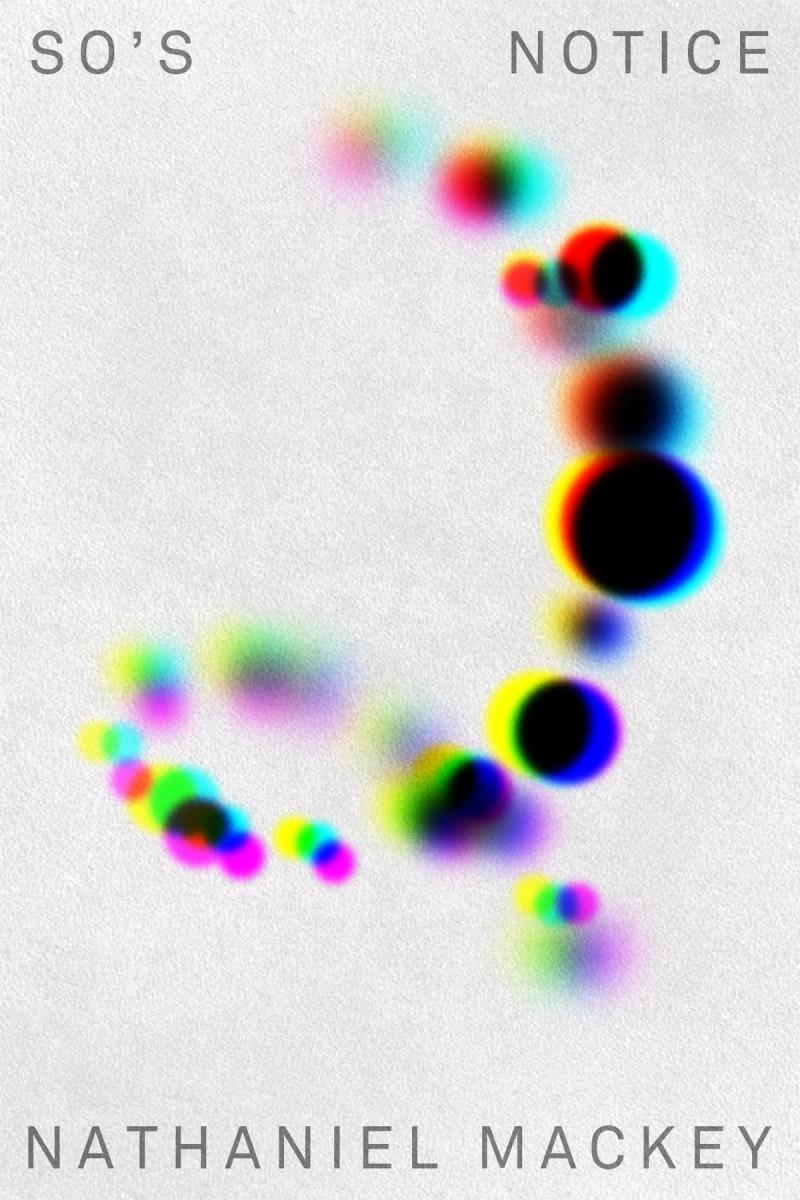
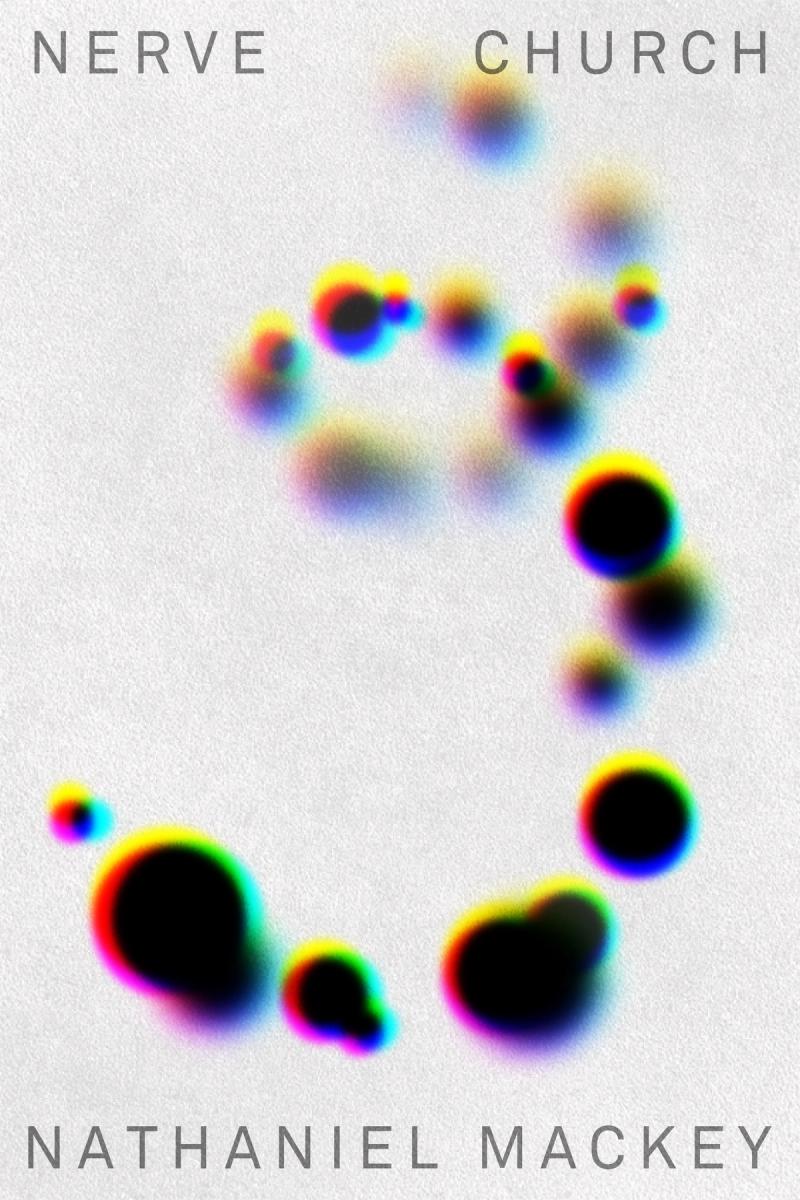
Paperback(published Apr, 06 2021)
- ISBN
- 9780811230629
- Price US
- 65
- Trim Size
- 6x9
- Page Count
- 1080
